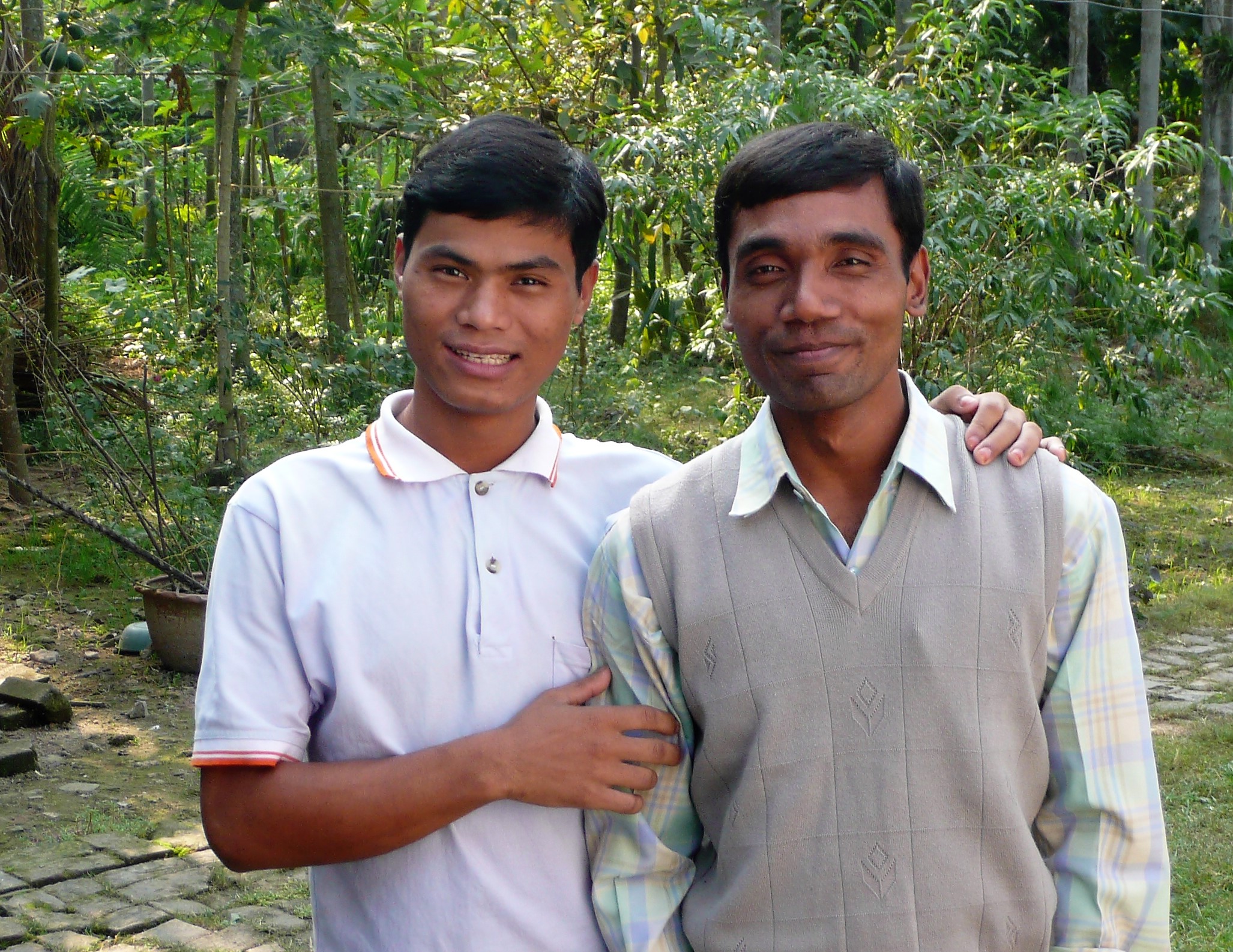One of the things I appreciate about the T4T (Training for Trainers) approach is how every meeting begins in the first section with reporting in on what you have done the past week to apply what you learned before. Likewise, every meeting ends with the setting of new goals. How are you going to obey and put into practice what you learned in the lesson or story? This accountability loop is a very important part of making obedient disciples.

It goes much further than this though. We must develop an appreciation, even an embracing of friendly accountability in our lives as leaders personally. As we model this, our disciples see it. They begin to value it as well.
This will ensure that friendly accountability becomes part of the DNA of the movement. By upholding this value, the movement will be stable and strong even after you, as the coach, trainer, initiator, or leader move on. Accountability seems an unfriendly, even “dirty” word to many though.
Granted a lot of people have had bad experiences in their lives with heavy-handed or unkind accountability. Some leaders demand accountability. Some abuse it. In my context in Asia, many have had teachers who were harsh and cruel when they didn’t measure up to what was expected. As we introduce friendly accountability in these contexts we need to be aware of this. It is a big shift of mindset for people to welcome and embrace friendly accountability!
How do you help them change?
One of the things I notice is that it takes time and patience to bring about change. Consistently and lovingly ask them about their goals from the previous week. Go overboard to encourage and affirm positive actions. Never scold people for not doing what they said they would! Instead, gently encourage them with your own vulnerability and openness. Let them know you are with them and for them in this process of growth toward obedience to God’s word.
Whatever you do though, don’t just skip the asking about goals part because you are afraid of offending people! Lots of us are in this “business” because we have pastoral gifts. We love people. We don’t want them to feel bad! We think that if we ask about their goals and they haven’t done them, we will cause them to feel shame or lose face.
This can certainly be true if it is done in a harsh way. We need to be careful about our approach to this. At the same time, not asking them is the best way to reinforce the idea that application and obedience don’t really matter. You don’t want that!
Gently encourage them to try again the coming week. If they failed to follow through, ask a question that helps them own their new decision. “What would you like to do about that goal in the coming week?” Offer to help them if you can. “Can I go with you when you share your testimony this week? Would you like a prayer partner while you take this big step to share with your uncle?”
Friendly accountability is a very important part of helping both individuals and movements grow, multiply and be transformed. It takes time, patience, perseverance, kindness and repetition, but once its part of the DNA of the movement, the impact is tremendous!

